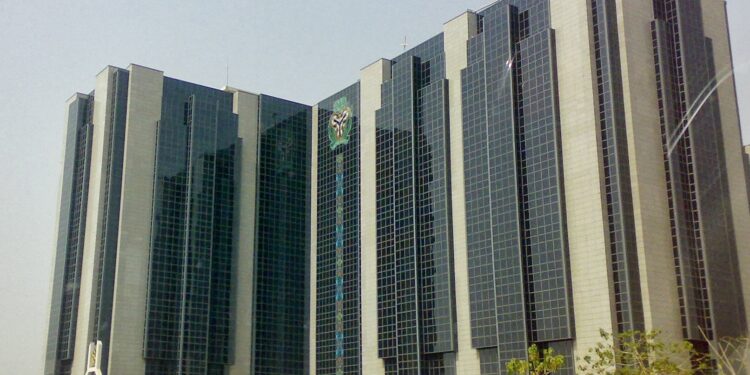Non-interest banks borrowed N52.31 billion from the Central Bank of Nigeria (CBN) through the Funding for Liquidity Facility (FfLF) in 2023.
This is according to the 2023 Annual Activity Report of the Financial Markets Department of the CBN.
The amount borrowed in 2023 is 37% higher than the N38.19 billion borrowed the previous year from the apex bank.
It was disclosed that the CBN got an administrative fee of N0.001 billion (N1 million) on the total amount borrowed.
The report read: “Funding for Liquidity Facility (FfLF) is a liquidity facility for non-interest banks with temporary liquidity shortages to access funding from the Bank on an overnight basis, to be terminated the next business day. Authorized NIFIs are to provide eligible securities to the Bank as collateral for the facility.
“In 2023, the total value of Funding for Liquidity Facility (FfLF) accessed by NIFIs was N52.31 billion, with a daily average of N8.72 billion in 51 transaction days. This performance represented increased activity compared with the N38.19 billion accessed in 2022, with a daily average of N2.01 billion in 19 transaction days. The bank charged an administrative fee of N0.001 billion in both years.”
What you should know
According to the CBN, there are about four non-interest banks in Nigeria. They are Alternative Bank Limited, JAIZ BANK PLC, LOTUS BANK LTD, and TAJ.
The licensing of non-interest banks (NIBs) and non-interest banking windows (NIBWs) of deposit money banks (DMBs) by the (CBN) necessitated the formulation of non-interest financial instruments to complement those in the conventional banking system.
In December 2012 and August 2017, the CBN issued two circulars: (a.) Guidelines for the Operation of Non-Interest Financial Instruments by the Central Bank of Nigeria; and (b.) Introduction of Two New Instruments – “Funding for Liquidity Facility” and “Intra-Day Facility” for Non-Interest Banks
Also, in August 2017, the CBN introduced two lender of last resort instruments to be accessed at the bank’s window by Non-Interest Financial Institutions (NIFIs). The instruments were Intra-day Facility (IDF) and Funding for Liquidity Facility (FLF).
A revised guideline titled “Revised Guidelines for the Operation of Non-Interest Financial Institutions’ Instruments by the Central Bank of Nigeria, 2022,” was released in June 2022 to replace the previous Circulars and Guidelines.
In the revised guidelines, it was disclosed that Funding for a Liquidity Facility is an overnight facility available to authorised financial institutions, to bridge short-term liquidity gaps.
CBN provides a liquidity facility on an overnight basis only, which will be terminated on the next business day. The authorised financial institution is to provide eligible securities to the CBN as collateral for the facility.
The value of collateral is a minimum of 120%, but subject to the tenor of pledged securities and the associated haircut(s) as may be revised or approved by the Bank from time to time.
Such collateral includes securities like the CBN Safe Custody Account (CSCA) deposit, CBN Non-Interest Note (CNIN), CBN Non-Interest Asset-Backed Security (CNI-ABS), Sukuk (that has received regulatory treatment by the Bank), and Warehouse Receipt(s) as provided in the CBN Act 2007, etc.
At default, the pledged collateral would be executed. The net value of the pledged securities would be returned to the authorised financial institution after the loan amount and fine have been deducted.






















